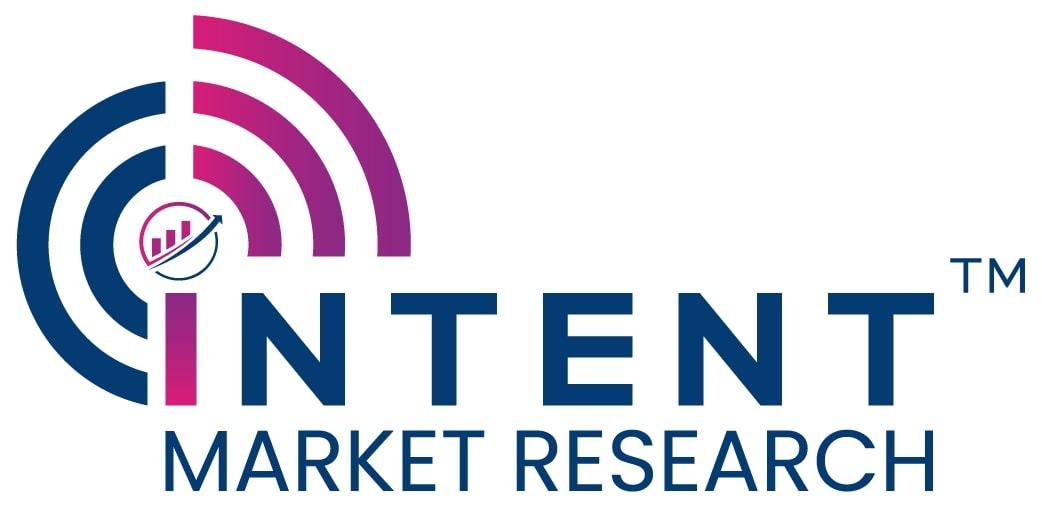Introduction: The Power of Industrial IoT
In today's rapidly evolving industrial landscape, the integration of technology is key to driving efficiency, productivity, and innovation. At the forefront of this digital transformation is Industrial IoT (Internet of Things), a game-changing concept that is reshaping the manufacturing sector.
Harnessing Data for Optimization
Industrial IoT revolves around the idea of interconnected devices and sensors that collect and exchange data in real-time. By leveraging this wealth of information, manufacturers gain unprecedented insights into their operations, enabling them to optimize processes, minimize downtime, and enhance overall performance.
Improving Operational Efficiency
One of the primary benefits of Industrial IoT is its ability to streamline operations. By continuously monitoring equipment and systems, manufacturers can identify inefficiencies and bottlenecks, allowing for proactive maintenance and resource allocation. This proactive approach not only reduces costs but also ensures smoother production flows and higher output levels.
Enhancing Quality Control
Quality control is paramount in manufacturing, and Industrial IoT plays a crucial role in ensuring product quality and consistency. Through advanced sensors and analytics, manufacturers can monitor every stage of the production process with unparalleled accuracy, detecting defects or deviations in real-time. This proactive quality control not only minimizes waste and rework but also strengthens customer satisfaction and brand reputation.
Enabling Predictive Maintenance
Traditional maintenance practices often rely on scheduled inspections or reactive repairs, leading to unexpected downtime and costly disruptions. Industrial IoT revolutionizes maintenance strategies by introducing predictive maintenance capabilities. By analyzing equipment performance data, manufacturers can anticipate potential failures before they occur, allowing for timely interventions and optimized asset uptime.
Facilitating Remote Monitoring and Management
In today's globalized world, remote monitoring and management are essential for agile and responsive manufacturing operations. Industrial IoT enables seamless connectivity across distributed facilities, empowering stakeholders to remotely monitor equipment, troubleshoot issues, and make data-driven decisions in real-time. This level of connectivity not only improves operational agility but also enables rapid scalability and adaptation to changing market demands.
Ensuring Data Security and Privacy
While the benefits of Industrial IoT are undeniable, ensuring data security and privacy remains a top priority. Manufacturers must implement robust cybersecurity measures to protect sensitive information from potential threats and breaches. This includes encryption protocols, access controls, and regular security audits to mitigate risks and uphold regulatory compliance.
Conclusion: Embracing the Future of Manufacturing
In conclusion, Industrial IoT represents a transformative force that is revolutionizing the manufacturing industry. By harnessing the power of interconnected devices and real-time data analytics, manufacturers can unlock new levels of efficiency, productivity, and competitiveness. However, success in this digital age requires a strategic approach, proactive mindset, and commitment to continuous innovation. By embracing Industrial IoT, manufacturers can future-proof their operations and thrive in the dynamic landscape of Industry 4.0.


